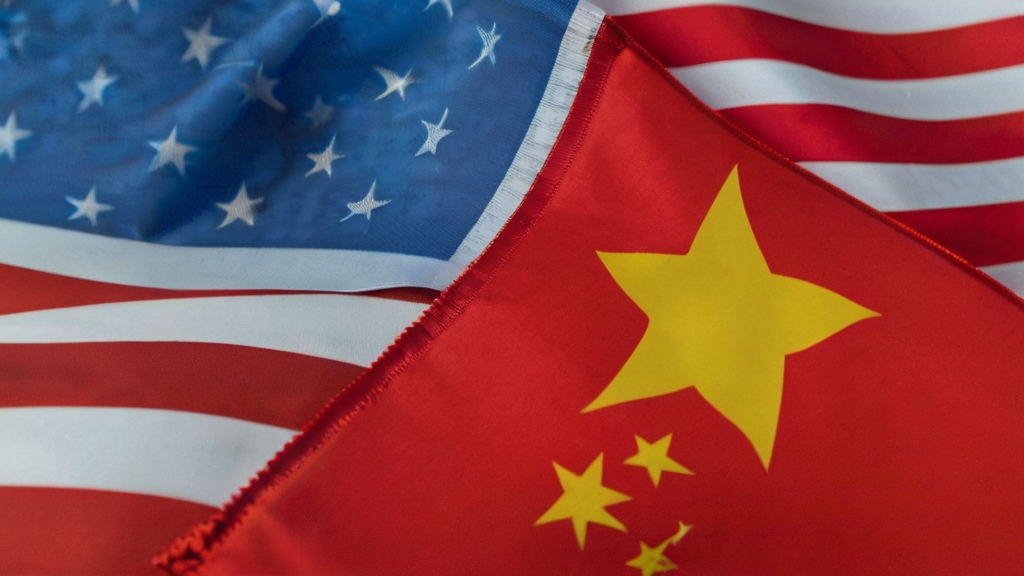U.S. Treasury Secretary Janet Yellen embarked on a significant diplomatic mission to China, spanning four days of intensive talks aimed at addressing the pressing issue of China’s industrial policy. As she wrapped up her visit, Yellen emphasized the Biden administration’s determination to safeguard American jobs and industries from what it perceives as unfair competition posed by Chinese imports.
During her press conference in Beijing, Yellen made it clear that the United States would not tolerate a repeat of the economic disruptions caused by what she termed the “China shock” of the early 2000s. She pointed out that the influx of Chinese imports during that period had led to the loss of approximately 2 million American manufacturing jobs, a scenario the current administration is keen to avoid.
One of the primary concerns raised by Yellen during her discussions in China was the issue of manufacturing overcapacity, particularly in sectors critical to the Biden administration’s green energy agenda. Yellen highlighted the rapid expansion of Chinese production in electric vehicles (EVs), batteries, and solar energy equipment, facilitated by substantial government subsidies. These subsidies have led to a surplus of Chinese goods flooding the global market, posing a threat to manufacturers in the U.S. and other countries.
Yellen underscored the significance of addressing this imbalance, emphasizing that actions taken by China could significantly impact world prices and undermine the viability of foreign firms. She drew parallels to past instances of overcapacity, such as the glut of below-cost Chinese steel that devastated industries worldwide. Yellen’s message was clear: President Biden and his administration are committed to ensuring a level playing field for American workers and firms.
While Yellen did not explicitly threaten new tariffs or trade actions, she stressed the need for China to shift its industrial policy to address concerns raised by the U.S. and its allies. The issue of excess industrial capacity has been a persistent point of contention in U.S.-China relations, with European officials also expressing similar concerns during their engagements with China.
In an effort to facilitate dialogue and find solutions to these pressing issues, the U.S. and China have established economic and financial working groups. Yellen announced that the upcoming discussions would provide an opportunity to delve deeper into the challenges posed by overcapacity and explore potential policy responses. However, it remains uncertain how China will respond to these calls for change, given its aspirations to become a global economic powerhouse.
Beyond economic matters, Yellen also raised concerns about national security issues during her discussions with Chinese officials. She highlighted American apprehensions regarding Chinese support for Russia in its conflict with Ukraine, warning that banks facilitating such transactions could face sanctions. Yellen’s visit coincided with Russian Foreign Minister Sergey Lavrov’s arrival in Beijing for talks on the Ukraine conflict and other bilateral issues.
Overall, Yellen’s trip to China reflects the Biden administration’s proactive approach to addressing economic and security challenges posed by China’s industrial policies. As the U.S. seeks to safeguard its economic interests and promote fair trade practices, the outcome of these high-level discussions will have far-reaching implications for the future trajectory of U.S.-China relations.
